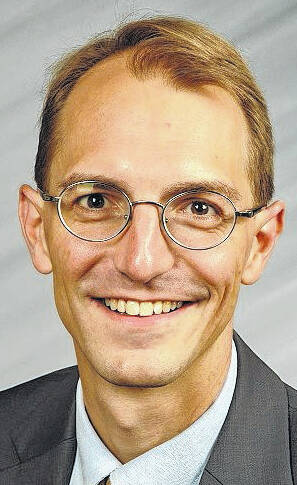
“The absence of a Code has led in recent years to the misunderstanding that the Justices of this Court, unlike all other jurists in this country, regard themselves as unrestricted by any ethics rules.”
“To dispel this misunderstanding, we are issuing this Code, which largely represents a codification of principles that we have long regarded as governing our conduct.”
— U.S. Supreme Court Ethics Code
Judicial ethics are a hot topic around the United States and around the world. Whether a state or nation’s judges are elected or appointed, the process necessarily involves some connection with the political process, and because our courts touch so many areas of our lives, the effect of unethical behavior by jurists or litigants would be incredibly damaging to the fairness of the legal process.
So important is this issue that most states require every one of their judges to attend a minimal number of hours of education on legal ethics every year. Just this past September, I was joined by Dr. Robert Simon, a psychologist from San Diego, to teach a legal ethics session at the annual meeting of the Ohio Judicial Conference, in order to help this state’s judges meet that requirement.
The United States Supreme Court is not immune from these kinds of ethics issues. Questions about gifts to several justices, most notably Justice Clarence Thomas, have been major news for the last few years. But the most recent round of questions are certainly not the first ethics controversy the High Court has dealt with.
The 1968 nomination of Associate Justice Abe Fortas to take the job of chief justice raised such serious ethics concerns about large payments for his teaching job at American University that Fortas not only asked to have his nomination pulled, he later resigned from the court all together. At nearly the same time, Congress began investigating the business dealings of Justice William O. Douglas, who had been on the court since WWII. Led by Congressman Gerald Ford, the hearings did not result in any action against Douglas, who eventually retired in 1975 following a debilitating stroke, only to have his successor named by Ford, who by then had become president.
In general, the ethics code that the U.S. Supreme Court has promulgated seems quite similar to those in place in most states and for the judges of federal trial courts and the circuit courts of appeals. As to personal conflicts on individual cases or involving individual litigants, the rules say that a justice should recuse themselves in any case in which they might not be fair.
Compare this to Ohio’s judicial ethics rules, which provide that, “A judge shall disqualify himself or herself in any proceeding in which the judge’s impartiality might reasonably be questioned.” This means that judges should avoid not only actual bias, but also the “appearance” of a conflict. And in Ohio, a judge’s refusal to recuse themselves from a case is subject to review by the chief justice. But the Supreme Court’s new ethics rules provide that the question of recusal should be decided by “individual justices, and not the Court.”
When it comes to the acceptance of gifts, Ohio’s rules are again strict, prohibiting the acceptance of gifts except in a very narrow list of circumstances. The new Supreme Court rules seem strict on their face, stating, “a Justice should comply with the restrictions on acceptance of gifts and the prohibition on solicitation of gifts set forth in the Judicial Conference Regulations on Gifts now in effect.” Those regulations prohibit the acceptance of gifts from anyone whose interests might be substantially affected by a decision of the court. Later explanation of the Supreme Court rules, however, says that the new policy only memorializes a financial disclosure rule set up in 1991. As such, it’s not clear whether the new policy is actually any more restrictive than practice that has been in place for more than three decades.
The Supreme Court’s rules are actually more restrictive than Ohio’s in one area — and it harkens back to Abe Fortas. The new High Court rules provide specific limits on the amount of money that justices can be paid for speaking and teaching, a rule that seems to be specifically imposed to prevent a repeat of Fortas’ American University salary. Ohio’s rules prohibit a judge from being paid a speaking honorarium, but permit judges to be paid for teaching.
The main limitation of any set of rules the High Court might establish is one that is unavoidable, namely, that there is no higher body to enforce them. Other than Congress’ impeachment power, there is no higher court to review or enforce, so the justices must police themselves. Whether these new rules will satisfy the court’s critics is yet to be seen (though early reactions suggest that answer will be “no”), but only time will tell whether they will have a practical impact on the justices’ acceptance of gifts.
David Hejmanowski is judge of the Probate/Juvenile Division of the Delaware County Court of Common Pleas, where he has served as magistrate, court administrator, and now judge, since 2003. He has written a weekly column on law and history for The Delaware Gazette, a sister paper of the Morrow County Sentinel, since 2005.

